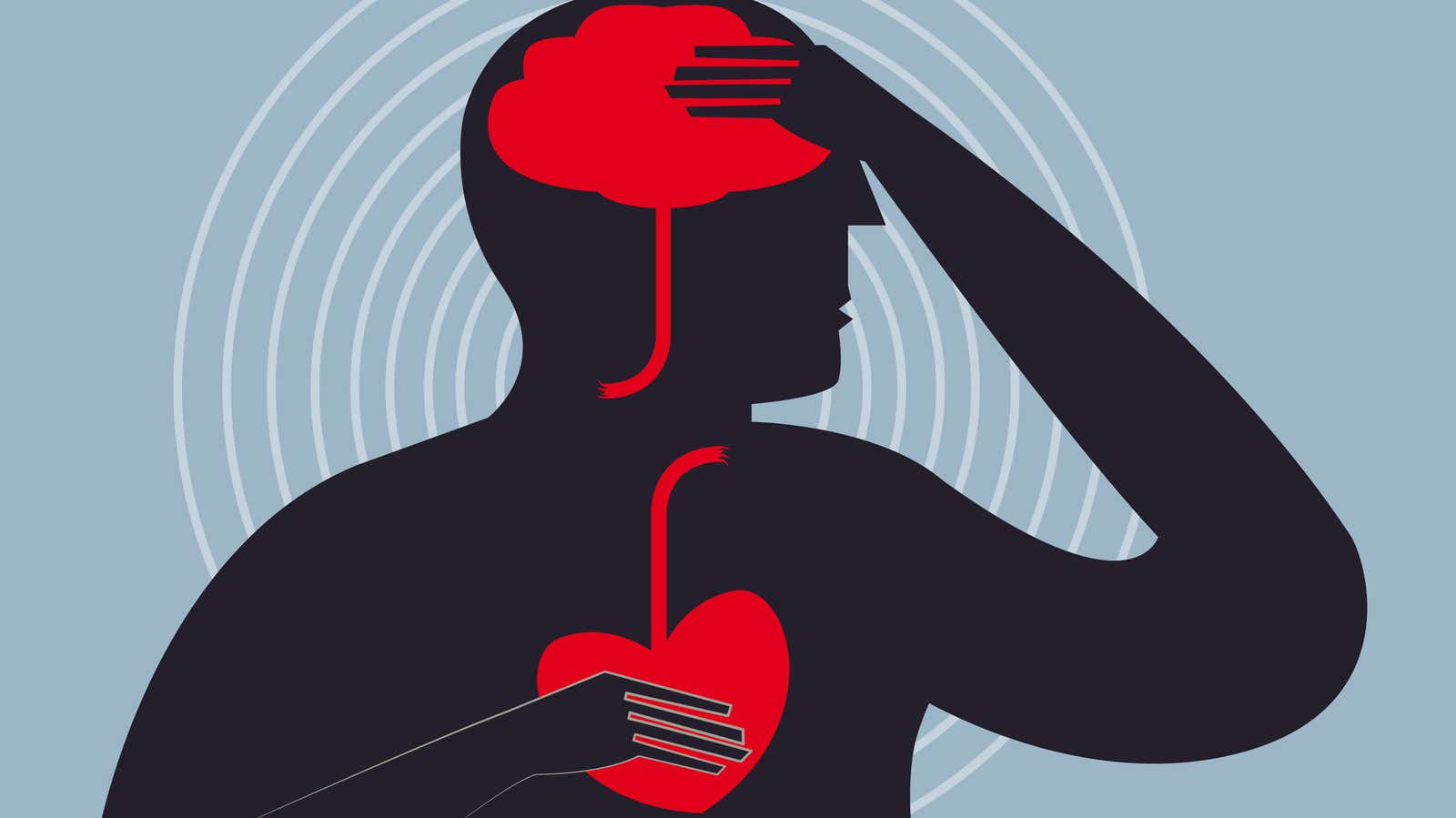What to Do If You Think You Are Having a Heart Attack or Stroke

Over the past few months, the number of admissions to intensive care units has dropped by 40-50%, and this makes doctors worry that patients with heart attacks and strokes are delaying going to intensive care for fear of contracting COVID-19. If you think you may have a stroke or heart attack, call now.
“We’re very concerned about the fact that people don’t show up when they need to,” says Lisa Moreno, MD , an emergency doctor in New Orleans and president-elect of the American Academy of Emergency Medicine.
This fear is understandable: we are in the midst of a pandemic, which means that once routine actions are now fraught with danger. However, in this case, if you are experiencing signs of a heart attack or stroke, it is vital to seek immediate medical attention. Failure to provide assistance can have serious consequences, including death.
Hospitals have implemented a number of protective measures.
The good news is that hospitals have implemented a number of measures to protect patients, including screening patients at the door, requiring everyone in the hospital to wear a mask, and creating separate areas for patients who test positive for COVID-19 and those who test negative. … …
“We are doing everything we can to ensure that COVID-19 patients are separated from non-COVID-19 patients,” says Moreno.
She notes that while there is a paucity of tests for people in the community who may be experiencing symptoms, hospitals usually have enough tests for every hospitalized patient. These tests are quick and usually give results in less than an hour; Patients are not assigned to hospital areas with and without COVID-19 until their test results are available.
“It’s all over the country,” says Moreno, who, as president-elect of AAEM, has been in contact with the ER nationwide. So far, she hears that hospitals have the resources to conduct rapid tests for all hospitalized patients, although the tests are still not enough to carry them out for visitors, so no-visit rules have been put in place.
So what are the signs of a heart attack or stroke and what to do if you notice them?
Know the Signs of a Heart Attack or Stroke
It’s important to know the warning signs of a heart attack or stroke. In the case of a heart attack, warning signs include chest discomfort, which can be felt as tightness, discomfort, or pain. This discomfort may persist or last for a couple of minutes, then disappear and then return. Other warning signs include pain in the jaw, neck, or back, discomfort or pain in the arm or shoulder, dizziness, nausea or vomiting, or shortness of breath.
Moreno warns that heart attack symptoms may differ slightly between men and women , with women less likely to experience chest pain and more likely to notice other symptoms such as shortness of breath, nausea or vomiting, and back or jaw pain.
Warning signs of a stroke include sudden numbness or weakness in the muscles of the face, arms, or legs, especially on one side of the body, sudden confusion, trouble speaking or understanding speech, vision problems in one or both eyes, sudden dizziness, loss of balance or coordination of movements, or sudden severe headache with no known cause.
It is also important to know that COVID-19 causes blood clots, which can lead to severe stroke . In younger patients, stroke occurs even when they have mild symptoms. We still don’t know much about the link between COVID-19 and strokes, but this is worrying.
If in doubt, call your doctor or local ambulance.
If you are experiencing symptoms and are in doubt about whether to enter, calling 911 is still the right decision. But in any situation where you don’t think you’re in an emergency but don’t know what else to do, telemedicine can serve as an initial check.
“If a patient is in doubt, […] he should check to see if their local emergency department or doctor is dealing with telemedicine,” Moreno says. Telemedicine offers a non-invasive way of describing your symptoms to a doctor in the safety of your own home so they can help you determine if the situation is urgent.
Contact your healthcare professional or the nearest emergency room so you can describe your symptoms and provide any relevant medical history. The doctor will then recommend that you come or not. In case the symptoms are not identified, they may also ask you to call back later to check how you are feeling.
If you are in a high-risk group, be especially vigilant.
Moreno warns that if you have any risk factors for heart attack or stroke, you should be extra vigilant. She notes that even at normal times, many patients are reluctant to go to the emergency room, often treating their symptoms as mild or not so bad. They are usually concerned friends or family members who encourage people to seek help.
Now, given the risks, patients are even less likely to seek help, while family members are more reluctant to encourage their loved ones to seek help. What’s more, physical distancing also means that people at high risk are likely to see much less of other people, making it less likely that those around them will notice unusual behavior that could be a sign of a health emergency. This is why it is really important to be extra vigilant if you are in a high-risk category, as it will be much more important to get the medical attention you need before it’s too late. The risks of delaying care are too great to be ignored.
Updated on May 14, 2020 at 11:30 am to provide a very clear indication that you should call emergency services immediately if you think you are having a heart attack or stroke.